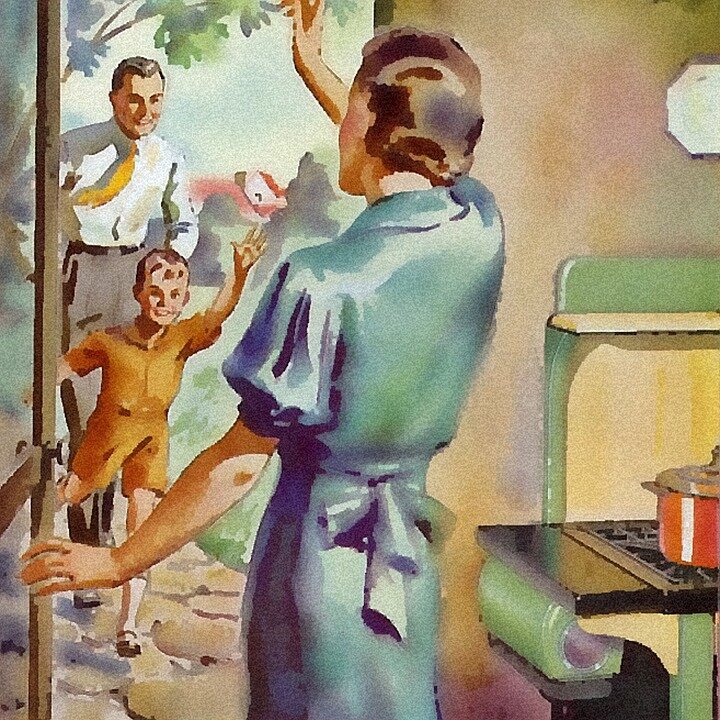
third culture kid
Georgia Nelson explores the contrasting world of privilege that exists within international expat communities alongside the lives of those who facilitate that very privilege through these short excerpts from her crime drama pilot script, Third Culture Kid.

michaela coel’s i may destroy you: traumatic, powerful, brilliant
in this review of Michaela Coel’s brilliant new series, I May Destroy You, our regular contributor Annie speaks of the show’s power to educate its viewers about consent and sexual assault, and its ability to take the audience down a path of introspection and healing alongside the show’s main characters. well-made, perfectly cast, and funny and light-hearted in parts, Annie argues the show is well worth watching if you can get past its many triggers.

finishing gilmore girls: musings on gender, queerness and contemporary dance
Matthew Rawcliffe writes about re-watching Gilmore Girls for a second time, and how this allowed him to reflect on his experience of gender and sexuality as a contemporary dancer.</p>

fleabag: on being ‘good enough’
In our second think-piece on the TV series, Jessica Widner discusses how Fleabag’s finale finds hope, in being ‘ordinary’. Accompanied by the graphic design of Veronica Vivi.

from fleabag to flowers: the resurrection of ‘gallows humour’
Tabby Carless Frost discusses the role of dark comedy as a means for exploring mental health on screen, most notably in BBC’s Fleabag and Channel 4’s Flowers. The article is accompanied by Tabby’s own original artwork.

yass queen: youth, absurdity and friendship in broad city
Chloé McMinn provides an analysis of what makes the show Broad City so relatable for young women negotiating adulthood for the first time, how impactful female friendships are represented, and why this is so important.

good girls’ beth: a housewife with agency
Emily Taithe explores how Good Girls turns the traditionally patriarchal figure of the meek housewife into a fascinating example of female strength and empowerment.
